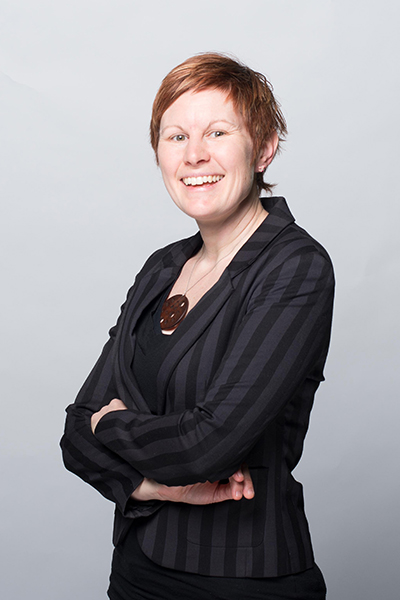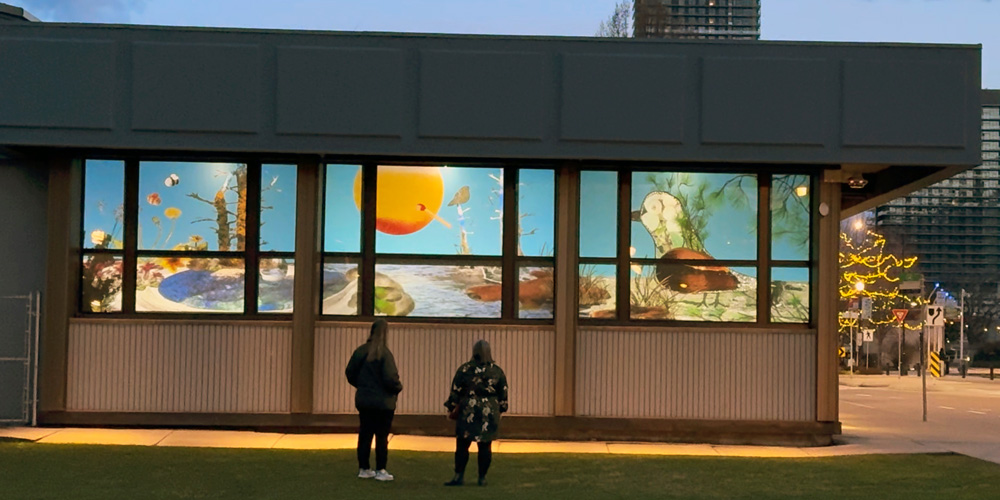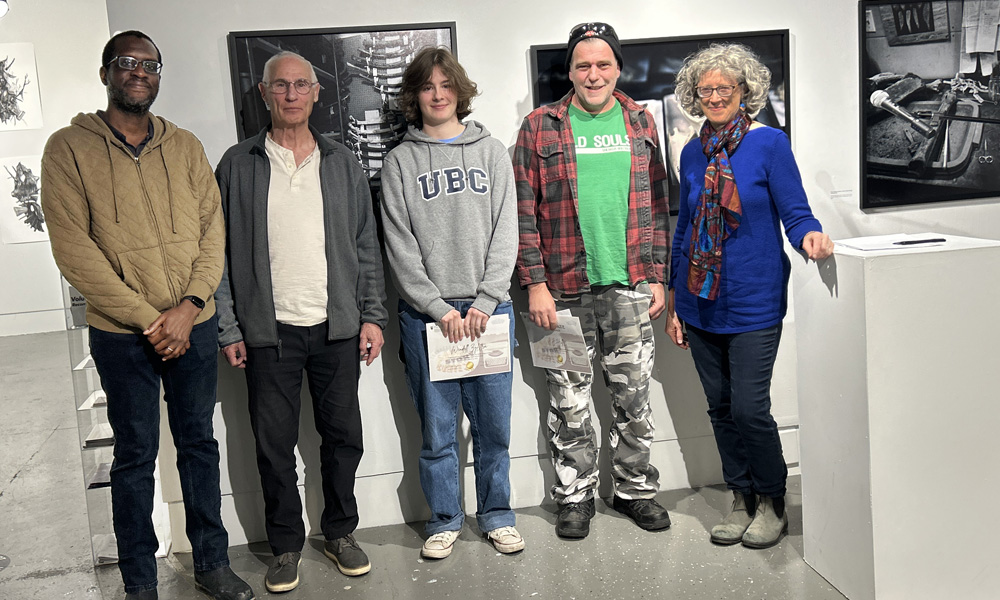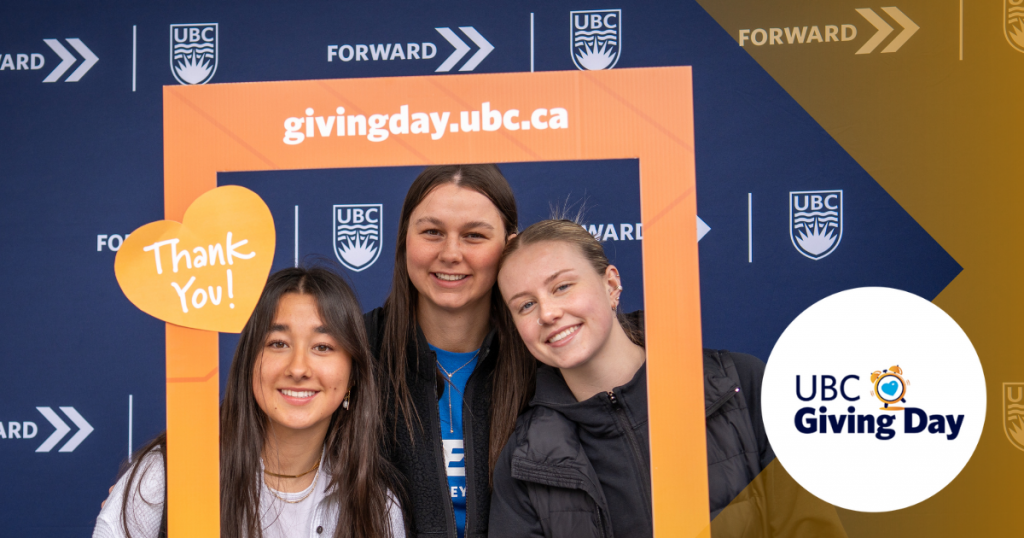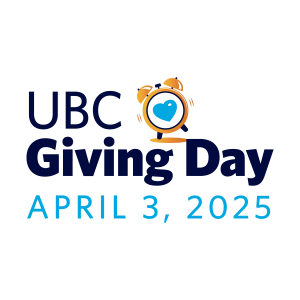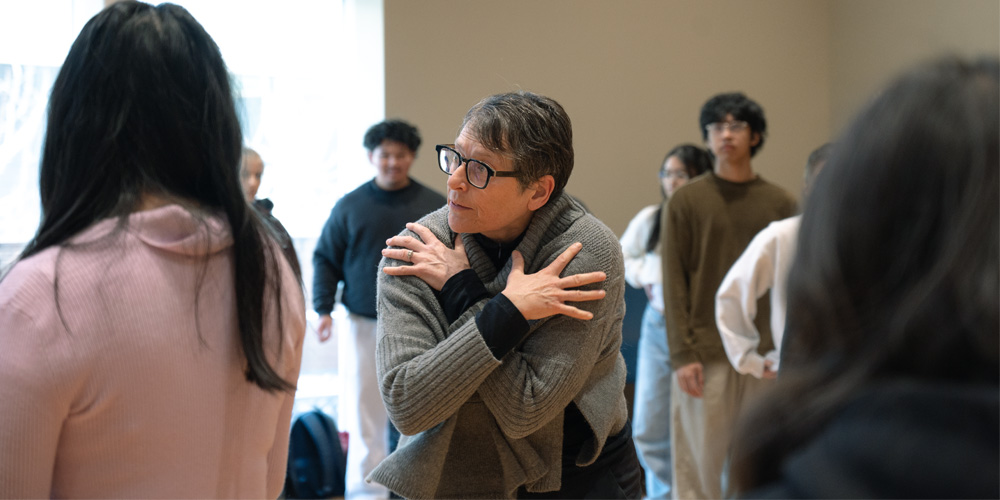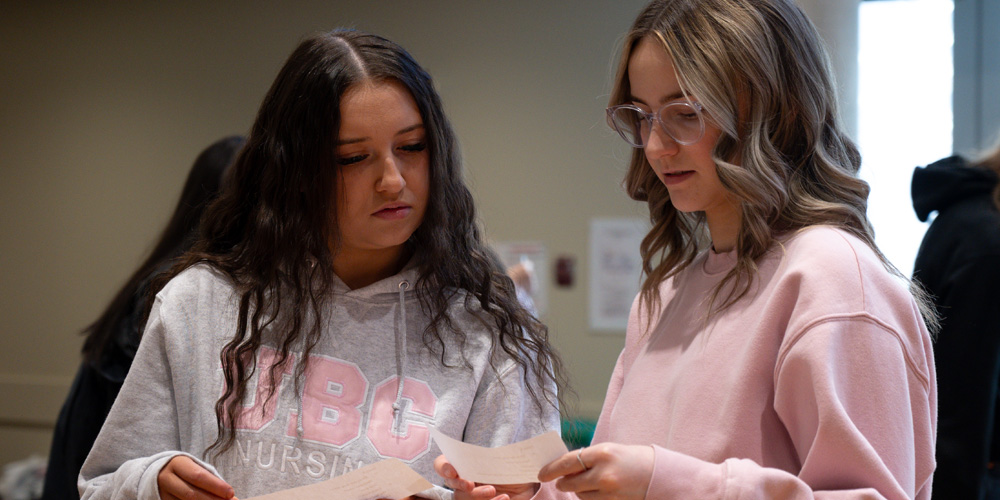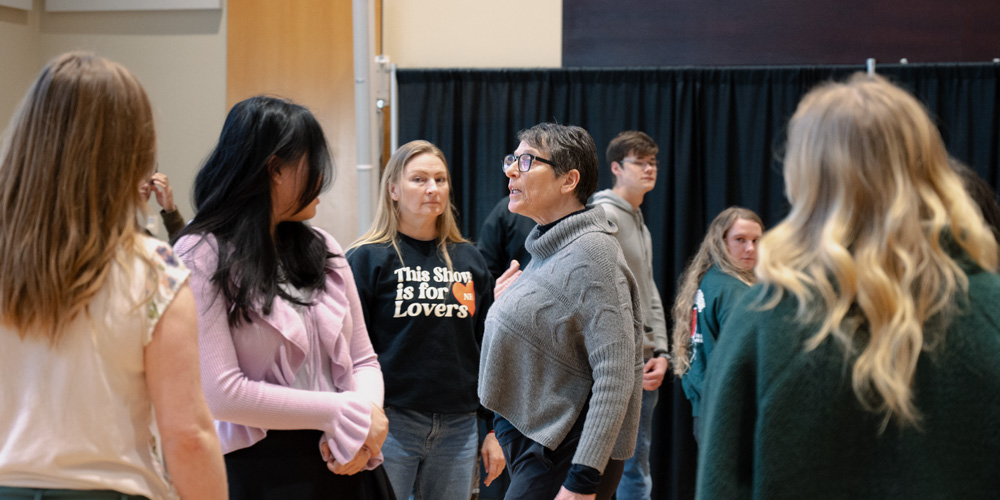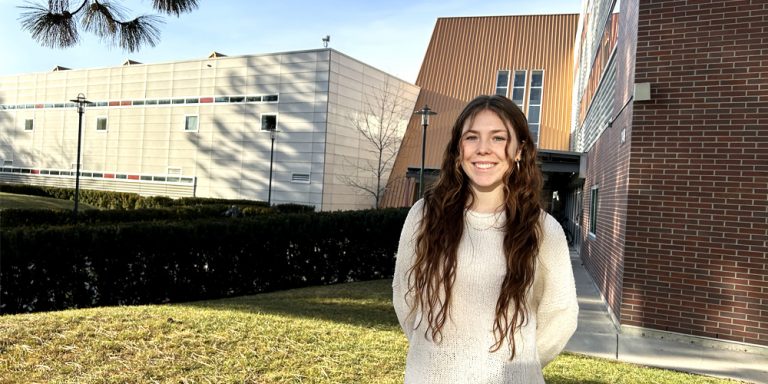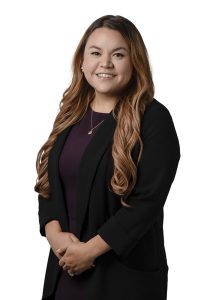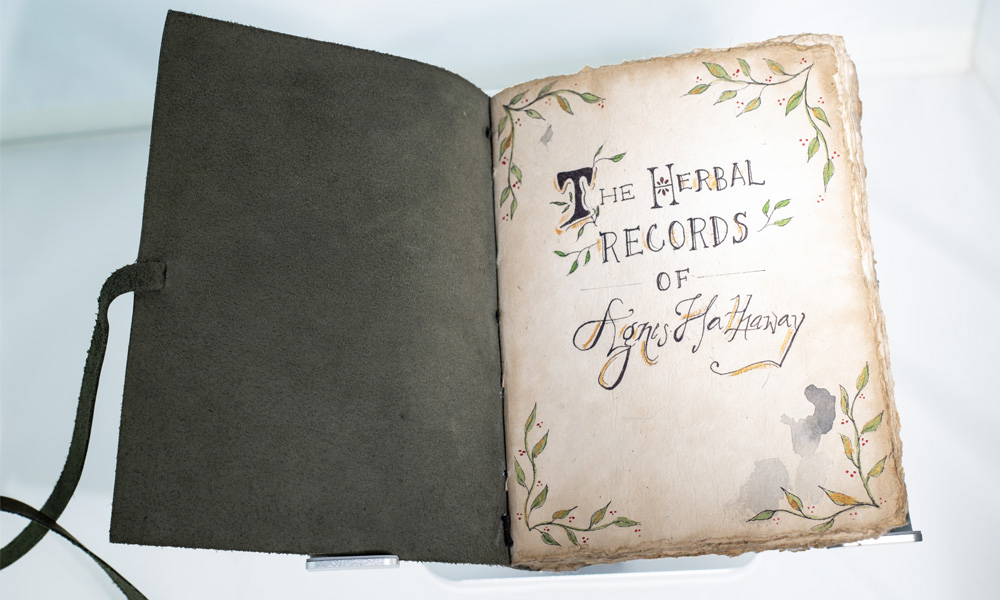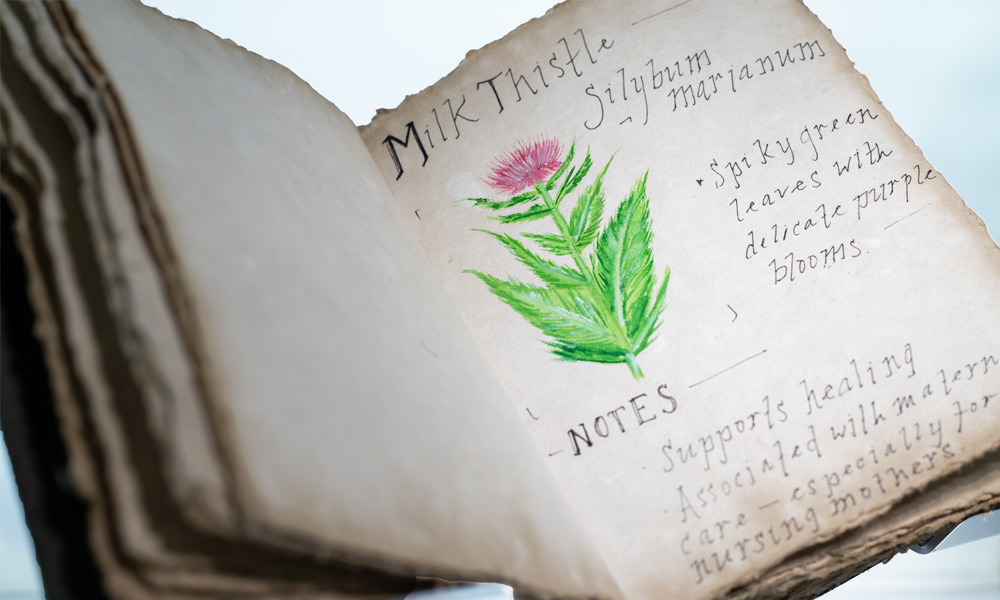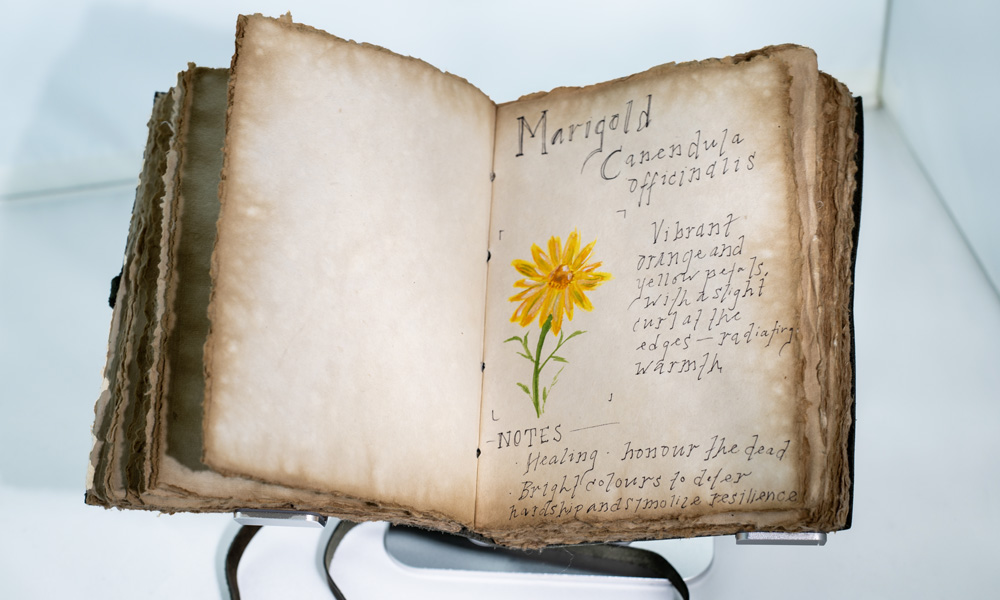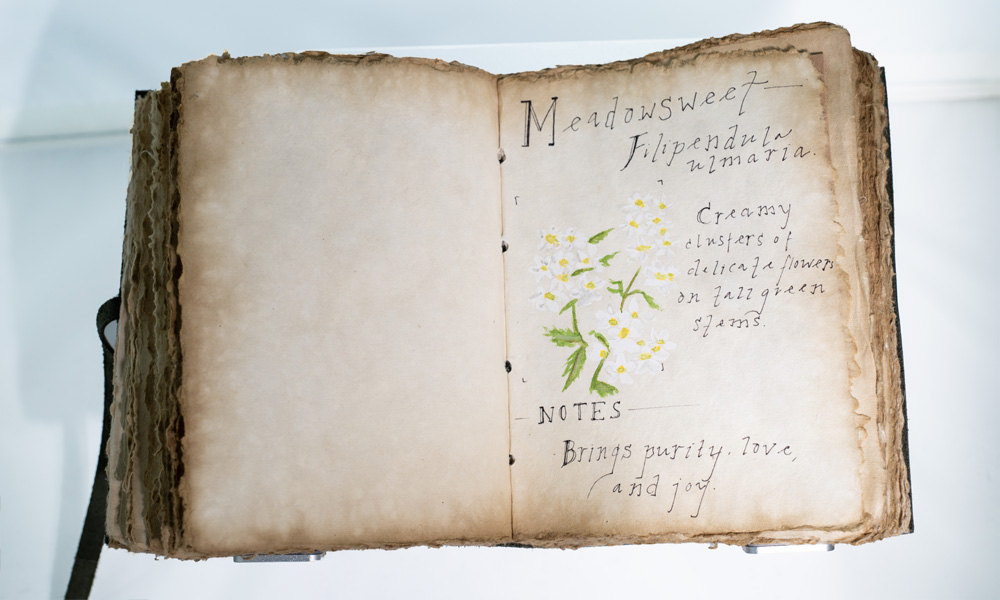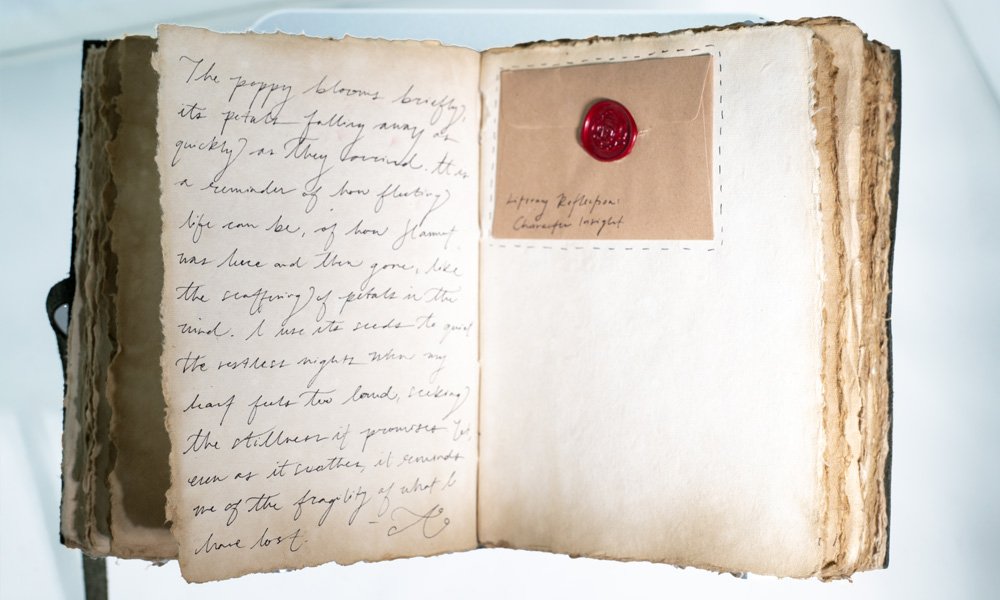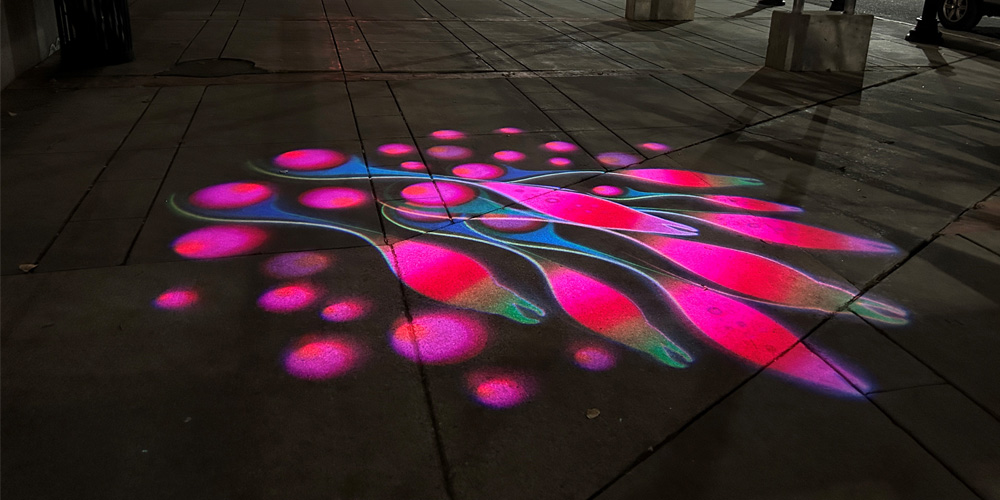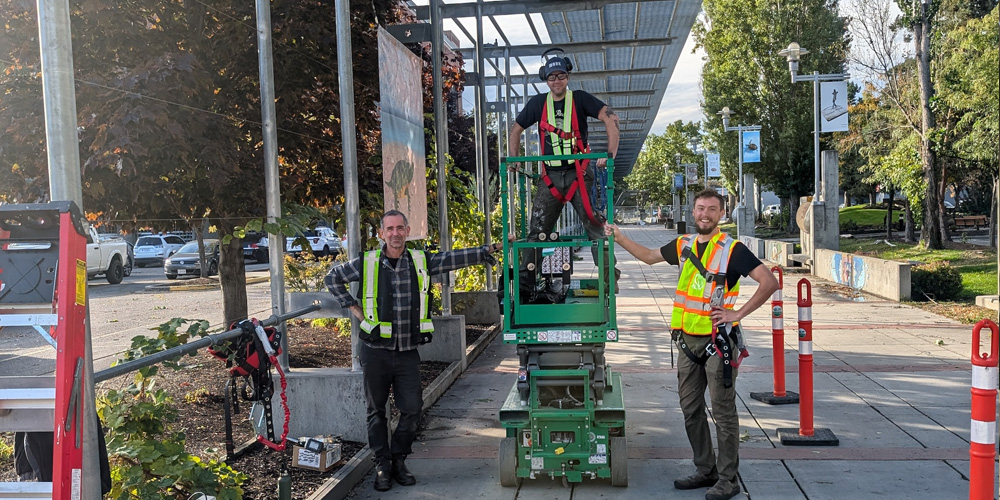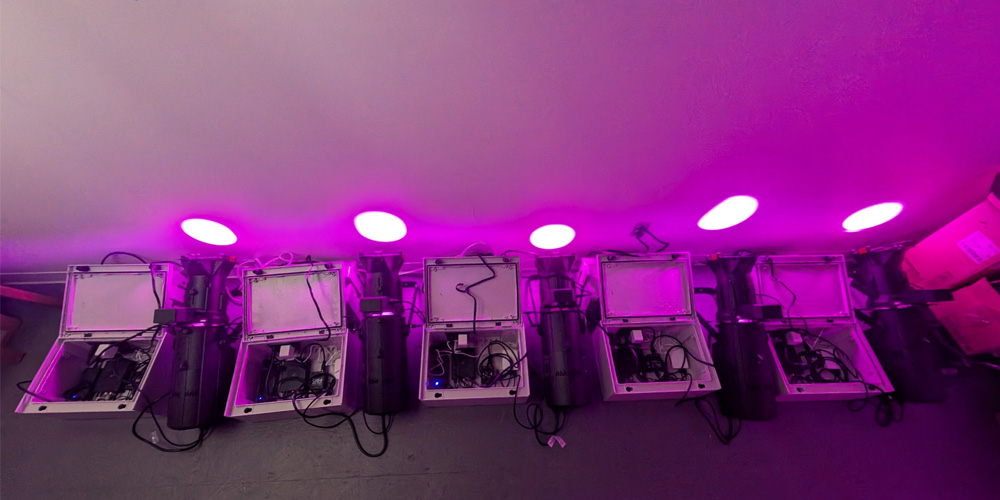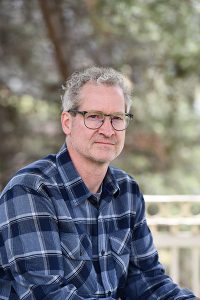The Arts Council of the Central Okanagan (ARTSCO) is thrilled to announce two new exhibitions for Light Up Kelowna.
Vanishing Point, created by local artists Alison Beaumont, Joanne Gervais and Shauna Oddleifson references the effect we have on our environment, and how the way we interact with nature can have consequences.
This is an extension of an augmented reality piece that was in Ebb and Flow at the Kelowna Art Gallery, an exhibition curated by Kirsteen McCulloch, Executive Director at ARTSCO.
“Since that show recently came down, we are excited to show these new pieces that further explore the concepts the artist presented in the previous exhibition,” says McCulloch.
For Light Up Kelowna, the artists have created a light and sound installation along the Artwalk, the pedestrian thoroughfare linking the Rotary Centre for the Arts and the Kelowna Community Theatre (KCT), and an animation that is showing on the outside of the KCT.
The elements that make up the animated piece are hand drawn images, felted and crocheted pieces, digital drawing, along with photographs that are collaged, staged and brought to life, and the Gobo light projections and sound installation along the Artwalk use imagery taken from the animation, explains artist Shauna Oddleifson.
“We used some photographs, drawings, video, and felted pieces to create a collaged landscape of the Okanagan depicting water, trees, animals that comes alive showing the landscape changing overtime due to possible drought, fires and other consequences of the changing climate,” she adds.
Visitors will hear sounds while walking along the light projections on the Artwalk. “Each sound reflects and embodies the projection below, representing the cycles of hope and disappear in climate change,” says artist Alison Beaumont.
“It was great to further explore our ideas and create a longer animated tale and use some of our images for the light projections,” says artist Joanne Gervais. “I’m really excited to see our artwork in this outdoor gallery space.”
Light Up Kelowna is made possible by the Canada Healthy Communities Initiative, the United Way Recovery Fund, and the BC Arts Council. This funding supported the infrastructure built in 2024, and now ARTSCO is seeking ongoing support to continue delivering innovative art experiences to Kelowna.
It is initiative in collaboration with the Faculty of Creative and Critical Studies (FCCS) at UBC Okanagan, and the Arts Council of the Central Okanagan (ARTSCO), with the support of the City of Kelowna. Dr. Miles Thorogood, Dr. Aleksandra Dulic and Dr. Yujie Gao professors in FCCS, worked with Kirsteen McCulloch at ARTSCO to design the site-specific anti-structure and cutting-edge software to make the images come alive.
Kirsteen McCulloch explains that this project aims to create large-scale outdoor art experiences that engage and inspire “Light Up Kelowna is not only an opportunity to showcase the talent within our community but also a chance to bring people together in a joyful celebration of art and creativity. We are grateful for the support of our partners and funders in making this project a reality.”
The public is invited to the opening of this new exhibition along the Artwalk and Kelowna Community Theatre on Thursday, April 3 at 7:30 pm.
For more information about the Light Up Kelowna, visit: https://www.artsco.ca/about
